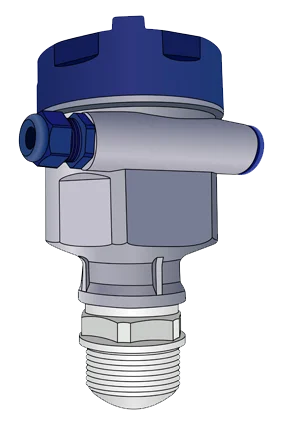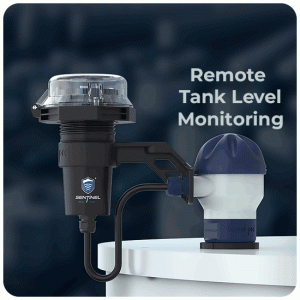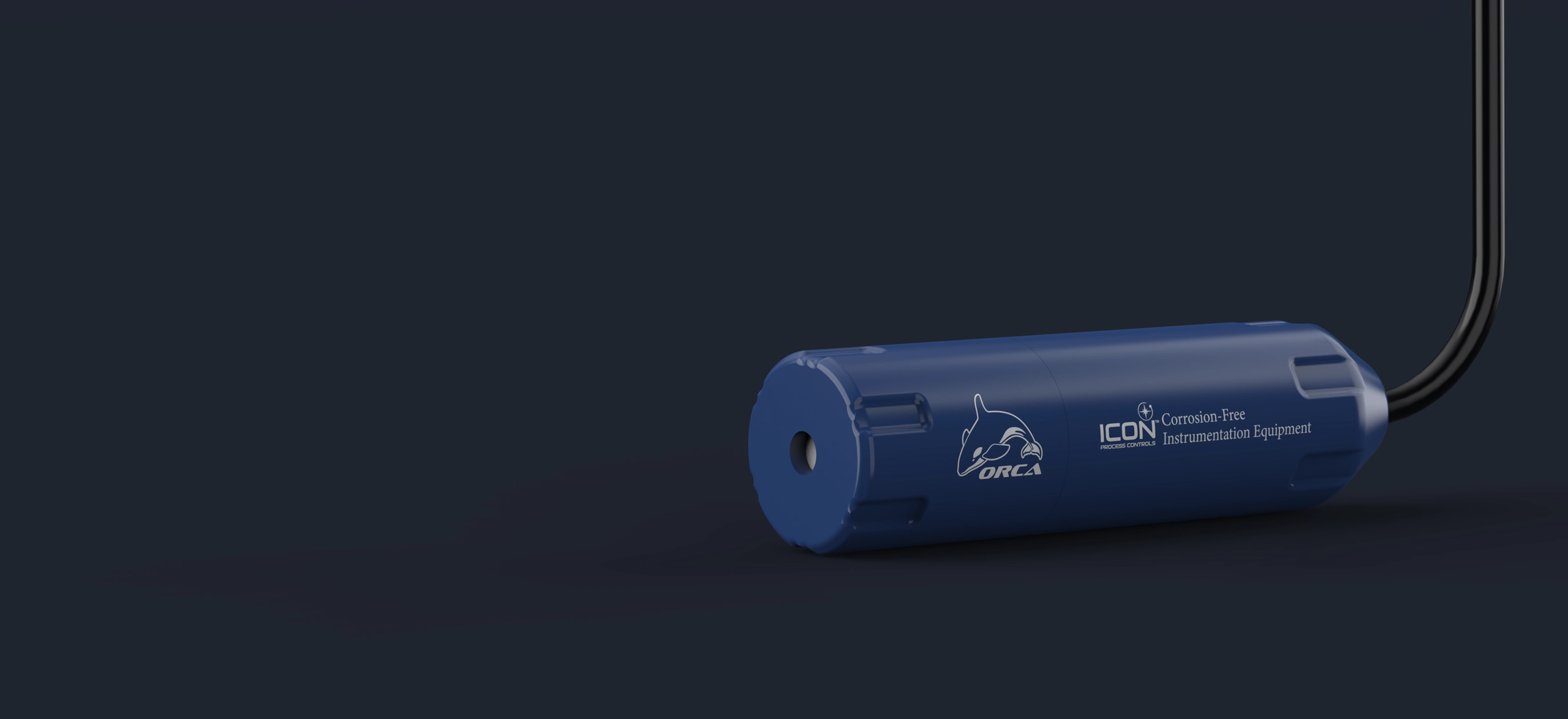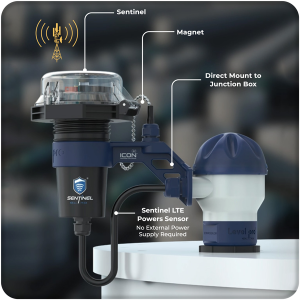Selecting the Right Radar Level Sensor for Chemicals

Radar level sensors use radio frequency (RF) or microwave energy to measure the level of a liquid or solid in a container. They work by emitting a high-frequency radio wave or microwave signal that travels from the sensor to the surface of the liquid or solid being measured. The signal is then reflected back to the sensor, where it is received and analyzed.
The time it takes for the signal to travel from the sensor to the surface of the liquid or solid and back to the sensor is used to calculate the distance between the sensor and the surface of the liquid or solid. This distance is then used to determine the level of the liquid or solid.
Radar level sensors are commonly used in a variety of applications, including chemical processing, oil and gas, water and wastewater treatment, and food and beverage processing. They are known for their high accuracy, reliability, and ability to operate in harsh environments.
There are several types of radar level sensors available, including pulse radar, continuous wave radar, and frequency modulated continuous wave (FMCW) radar. The best type of radar level sensor for a particular application will depend on the specific requirements of the application, such as the type of material being measured, the operating range, and the environmental conditions.
Radar level sensors are used for liquid level measurement because they offer several advantages over other types of level sensors. These advantages include:
- High accuracy: Radar level sensors are known for their high accuracy and can measure liquid levels with an accuracy of +/- 1mm or better.
- Wide range: Radar level sensors can measure liquid levels over a wide range, from a few inches to hundreds of feet.
- Non-contact measurement: Radar level sensors do not come into contact with the liquid being measured, which makes them suitable for use in hazardous or corrosive environments.
- Versatility: Radar level sensors can be used to measure the level of a wide range of liquids, including water, oil, and chemicals.
- No maintenance: Radar level sensors do not require any maintenance or cleaning, which makes them a low-maintenance option for liquid level measurement.
- Immunity to interference: Radar level sensors are immune to interference from dust, steam, and other substances that can affect the accuracy of other types of level sensors.
Overall, radar level sensors are a reliable and accurate option for liquid level measurement in a variety of applications.
Learn more about level sensors
Please contact us to discuss your application


